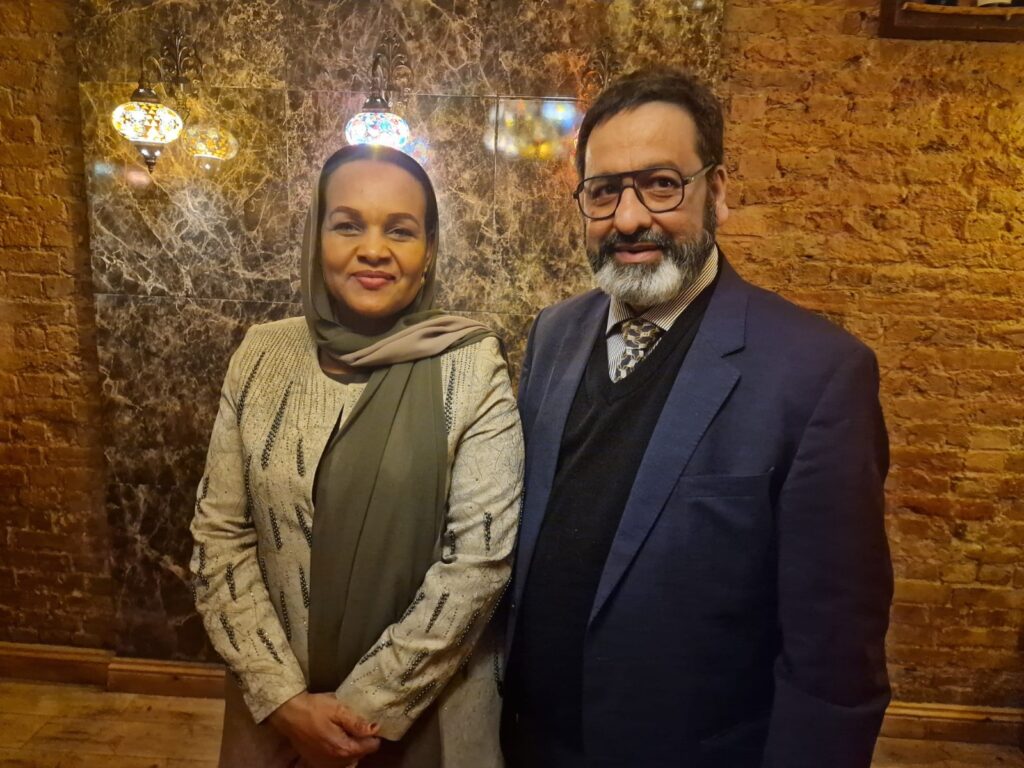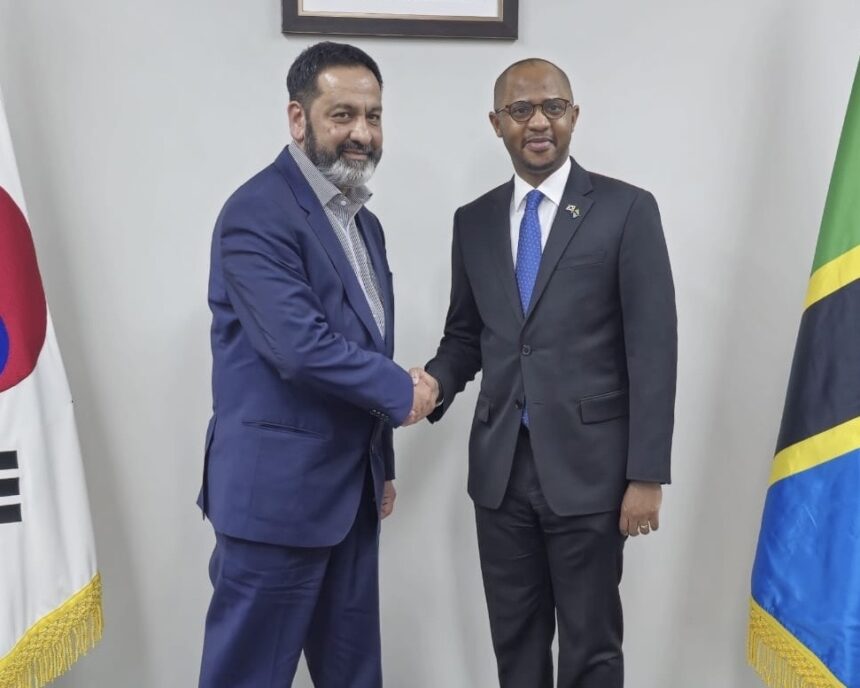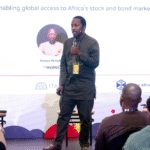For decades, Africans battling rare diseases have faced years without diagnosis, no registries to turn to, and little chance of finding matching donors. Now, the Commonwealth Advanced Therapies and Rare Diseases Registry (CATRDR) says it is determined to change that.
The CATRDR has launched the first Africa-centric platform designed for registering and mapping rare diseases, connecting patients to ancestry-linked donors, and giving African families the visibility and access they have long been denied.
In an exclusive interview with Techparley, founder Dr. Salmaan Dalvi explained that CATRDR is set to transform care for millions of families who, for decades, have been invisible to health systems and global research efforts.
“The time to act is now. Africa is at a turning point,” Dr. Dalvi told Techparley. “Without this registry, Africa risks remaining absent from the very data that determines where investments, research, and life-saving therapies are directed.”
How CATRDR is Closing the Diagnosis Gap
Advanced therapies such as stem-cell transplants are increasingly available in wealthier nations, but African patients face near-impossible barriers: the absence of data, limited registries, and inaccessible donor pools.
CATRDR aims to bridge the distance between hope and treatment. By systematically mapping patient data and building ancestry-based donor pools, the registry will make it possible for African patients to find matches within their own communities.
“The Commonwealth Advanced Therapies and Rare Diseases Registry (CATRDR) was launched to change this reality,” Dr. Dalvi said. “By establishing the first Africa-centric platform for registering and mapping rare diseases, we are shining a light on conditions that have long been ignored.”
According to Dr. Dalvi, CATRDR’s approach rests on three commitments:
- Transparency – full disclosure on why data is collected, how it is used, and the direct benefits for communities.
- Ethics – compliance with international gold standards on consent, safety, and privacy.
- Community ownership – ensuring research insights and treatment access flow back to African patients.

How to Register
CATRDR is Africa’s first registry dedicated to mapping rare diseases and building ancestry-linked donor pools. Its success depends on everyday Africans stepping forward to be counted.
The organisation says registration is simple, secure, and open to everyone, including:
- Patients and Families: By sharing your medical and ancestry information, you make your story visible. This visibility is often the first step to faster diagnosis and access to new treatments.
- Parents: If you have stored cord blood, registering it could save another child’s life. Even if not, registering your children’s ancestry data contributes to building a future of hope for countless families.
- Potential Donors: Your bloodline may carry the cure someone else is waiting for. A Hausa donor in Kano, a Shona donor in Harare, or a Yoruba donor in Lagos could be the difference between life and death for a patient in need.
- Healthcare Professionals and Scientists: Join as members to access resources, training, and opportunities for collaboration that strengthen African-led research.
- Supporters and Philanthropists: Funding access, awareness campaigns, and community outreach ensure that no family is left behind because of cost or lack of information.
To register, interested persons are encouraged to visit https://www.catrdr.com/register.
CATRDR Calls for Collective Action
The history of medical research in Africa is fraught with exploitation and exclusion, something CATRDR acknowledges head-on.
“We cannot ignore history,” Dr. Dalvi says. “For generations, African populations have been overlooked in clinical research, or worse, exploited without benefit. These legacies demand that we work differently.”
For CATRDR to succeed, Dr. Dalvi says it requires the participation of every African voice. Parents can register their children, patients can share their stories, scientists can partner in research, and policymakers can embed the initiative into national health strategies.
“CATRDR is not just a registry; it is a movement for health equity. To succeed, it requires every African voice,” he said. “We must all act now, because every day lost means another child without a diagnosis, another family without a match.”
It is estimated that over 50 million Africans are living with rare diseases, representing approximately 3.5 – 5.9% of the continent’s population. Despite this, many of these conditions remain undiagnosed due to a lack of accessible diagnostic tools and comprehensive data.
This highlights the importance of mapping ancestry in donor registries. Medical experts say without a centralized, Africa-centric registry like CATRDR, many individuals will remain unregistered, and life-saving matches will never be found.
Talking Points
It is impressive that CATRDR has launched Africa’s first rare disease and advanced therapies registry, directly addressing a historic gap that has left millions of African families invisible in global health systems.
This single initiative alone positions CATRDR as a practical solution to real, life-or-death challenges, connecting patients to ancestry-linked donors and making life-saving therapies more accessible within African communities.
At Techparley, we see how platforms like this can transform healthcare outcomes across the continent, particularly for populations that have been underrepresented in global registries and research.
By combining patient data, donor registration, and ancestry mapping in one platform, CATRDR gives African families a fighting chance, while also creating data that researchers, healthcare professionals, and policymakers can use to design better, more equitable treatments.
As CATRDR scales, there is an opportunity to accelerate its reach through partnerships with governments, hospitals, advocacy groups, and local communities, ensuring the registry not only grows but also translates into real, tangible access to care.






